OUR PROGRAM
Structural, sociopolitical, and psychological barriers that leave communities vulnerable to disaster.
Individual and community level factors (e.g., needs, narratives) that should inform prevention and recovery strategies.
Risk perception and communication
Disaster behavior and decision-making
What do we do?
We use diverse methods to understand the psychology behind disaster perceptions, attitudes, and decision-making. To empower communities towards change organizing and the reduction of disaster risk, the team studies how narratives and communication shape understandings of disaster phenomena and build or inhibit trusting relationships between stakeholders. We believe that bi-directional trust between communities and researchers is key to disaster prevention and recovery. Community members’ perspectives are centered and community-centered methodologies are used to gather data first-hand.
Who is our work for?
Currently, our primary focus is to support Floridian citizens and advocates who wish to reduce risk in their communities. We especially aim to incorporate and amplify the perspectives of historically vulnerable Floridians in our work. In the longer-term, we hope that our work can be applied in ways that benefit historically vulnerable communities on a broader geographic scale (via research collaborations or informing policy change).
Our approach to science
Science is political. It is often used to support a status quo that is oppressive and unjust for many people in societies around the world. Some particular perspectives (that serve power) have become hegemonic despite the fact that many viewpoints exist. Our research lab responds to questions through the lens of our principles. We know that answering questions in that way is challenging because dominant scientific systems, institutions and professionals view value-based methodological approaches with skepticism.
Why is the disciplinary mix important?
Interdisciplinary research is both consistently lauded and rare. Though challenging, it’s critical to the success of the project because we each come to the work from different theoretical angles. Additionally, we bring a broadened methodological toolset to enhance conducting and disseminating this work. The group is built on a foundational mix of disaster risk reduction and behavioral social psychology. To effectively study the impact of narratives on individuals and their communities, we need a strong base of psychology theory and methods as well as the contextual knowledge of disaster studies.
Why is it of value?
We study the psychology of disaster risk with a focus on social justice and science communication that builds trust. The DTSC Lab delivers empirical evidence that is built WITH communities from the ground up, connecting to the rich theoretical (and interdisciplinary) traditions of disaster studies, with a distinct flavor of psychological methods of study.
How we work with communities
We work with communities by building genuine relationships with individuals and groups, and showing up to support the work they are already doing. We believe that communities unfairly affected by burdens of risk should pursue their own objectives rather than our lab deciding those objectives for them. We also challenge the way science is gatekept by centering the community throughout the research process.
OUR TEAM
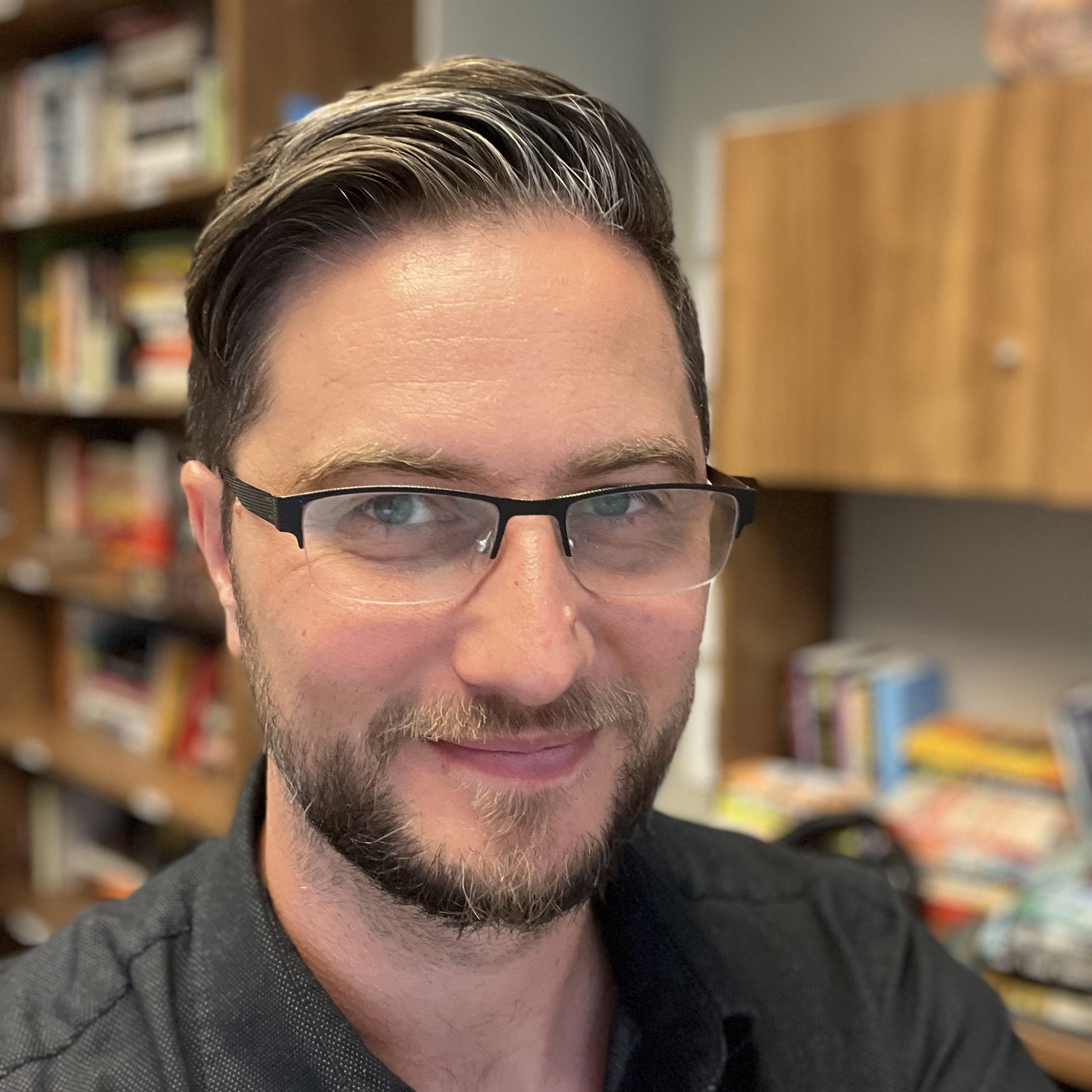
Jason von Meding
I have a background in architecture/shelter/project management but have also hold diverse research experience in disaster studies. My work with affected communities has led me to understand the power of narratives, language and framing. I can connect the group effort with the wider context of disaster studies, a truly interdisciplinary field.
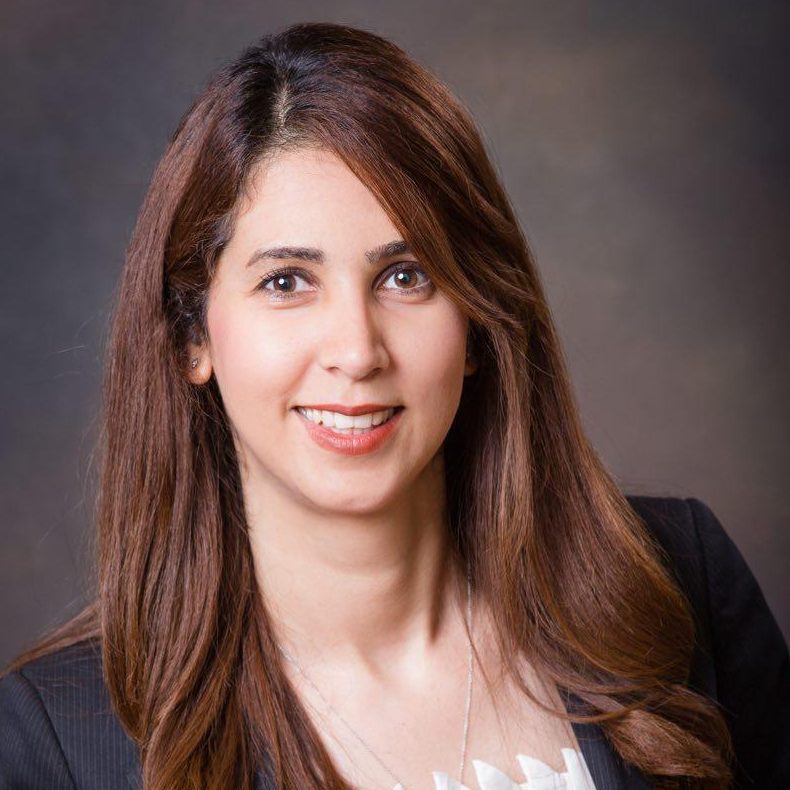
Haleh Mehdipour
My research integrates community-designed spatial justice into infrastructure planning and design. One of my primary focus areas is gaining a deep understanding of the philosophical foundations of community engagement theories since it will empower marginalized communities by involving them in the decision-making process when it comes to any proposed changes to places.
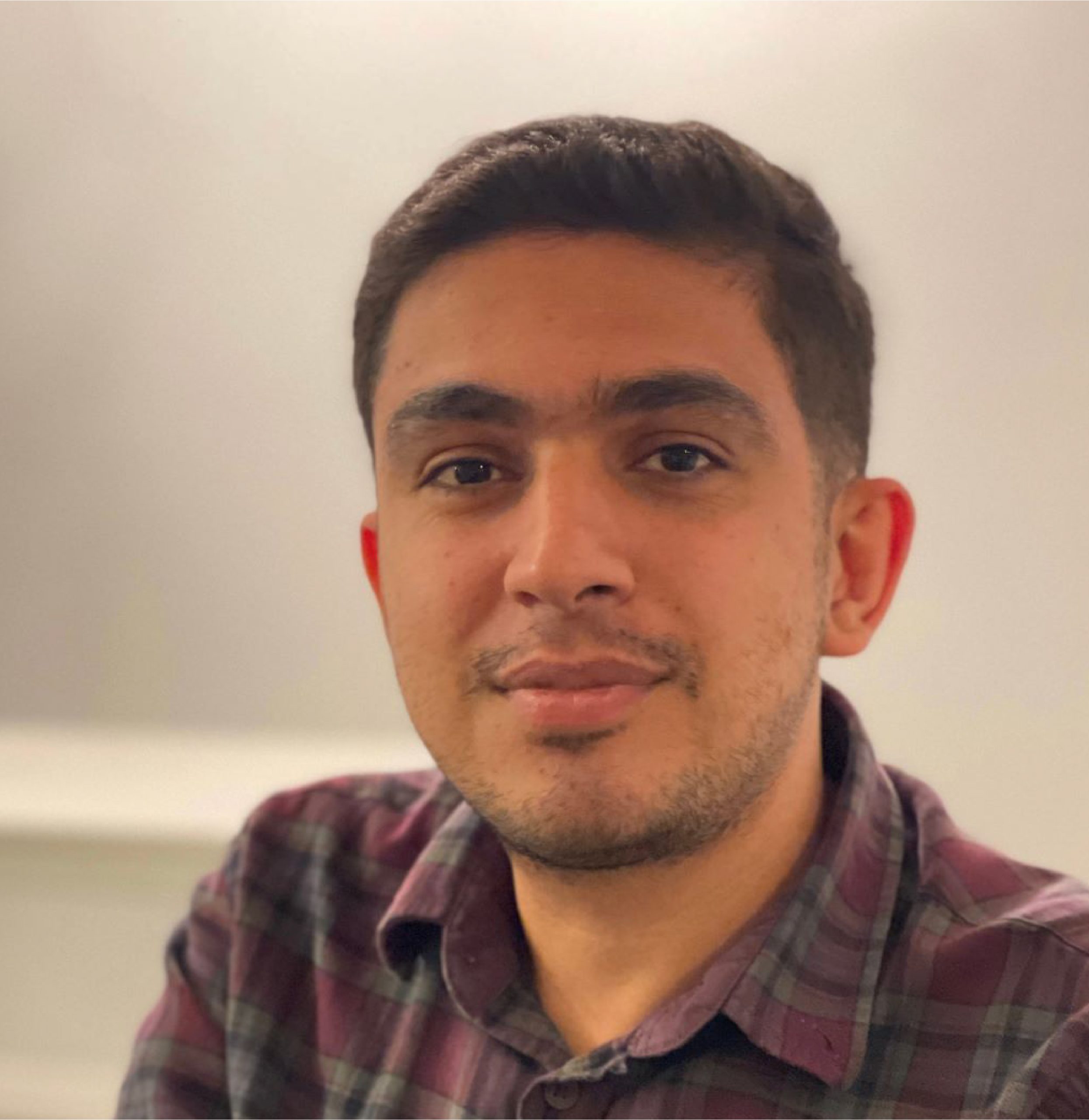
Goshtasb Shahriari Mehr
I am a Ph.D. candidate in the Florida Institute for Built Environment Resilience (FIBER) specializing in urban food systems, with a focus on enhancing food accessibility and equity in underserved communities. My research applies deep learning techniques to explore the optimization of food delivery systems in urban areas. I am interested in the intersection of urban planning, technological innovation, and social equity, aiming to develop resilient and inclusive systems that address food security challenges in vulnerable populations.
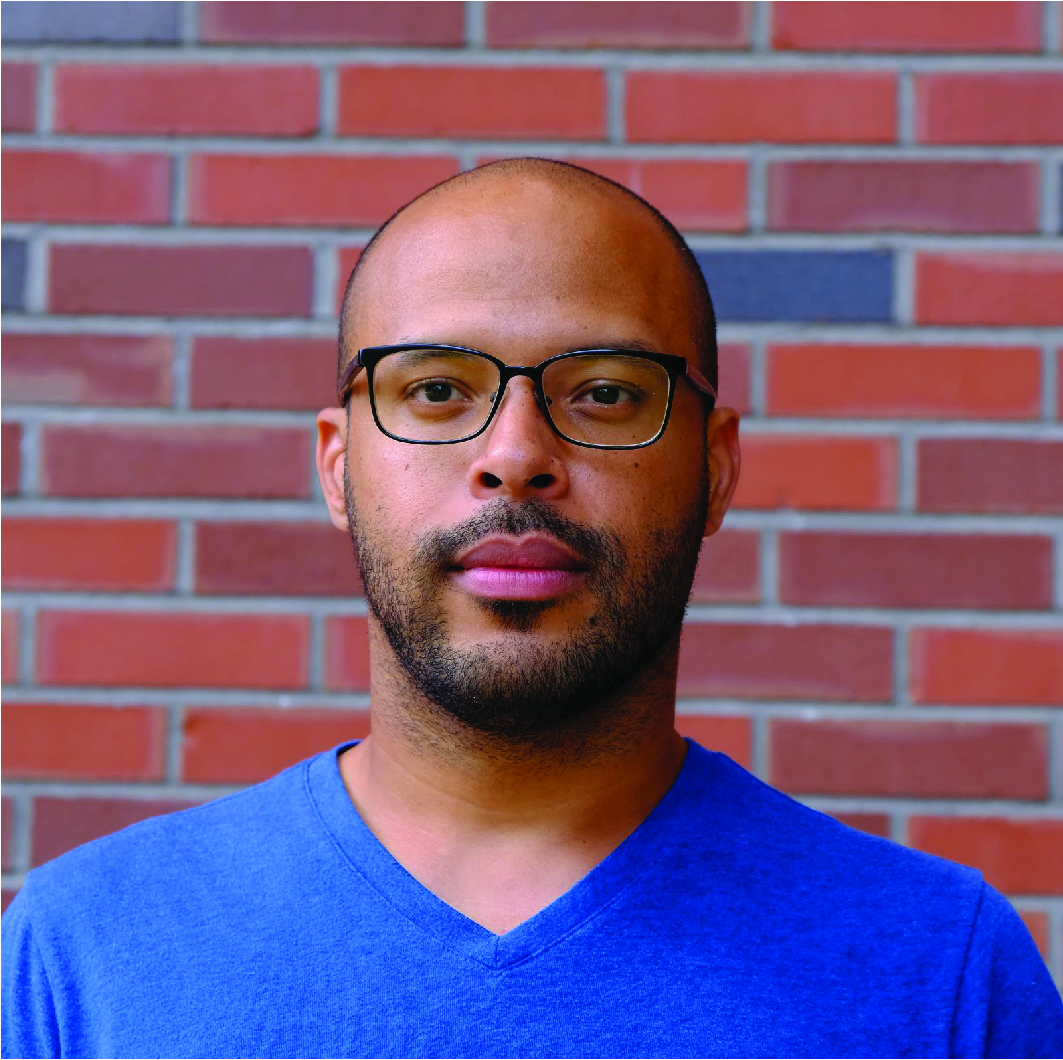
Christopher Williams
As a hazards geography Ph.D. student, I study storms, climate, and how to reduce disaster risk. I appreciate how the DTSC lab provides an opportunity to focus on storytelling and community engagement while building transformative relationships. Previously, I worked with Dr. von Meding on my thesis, for which he offered valuable committee member guidance and perspective. We used mixed-methods research to explore survey responses and emergency management interviews, which helped us better understand tornado sheltering before and during the Covid-19 pandemic.
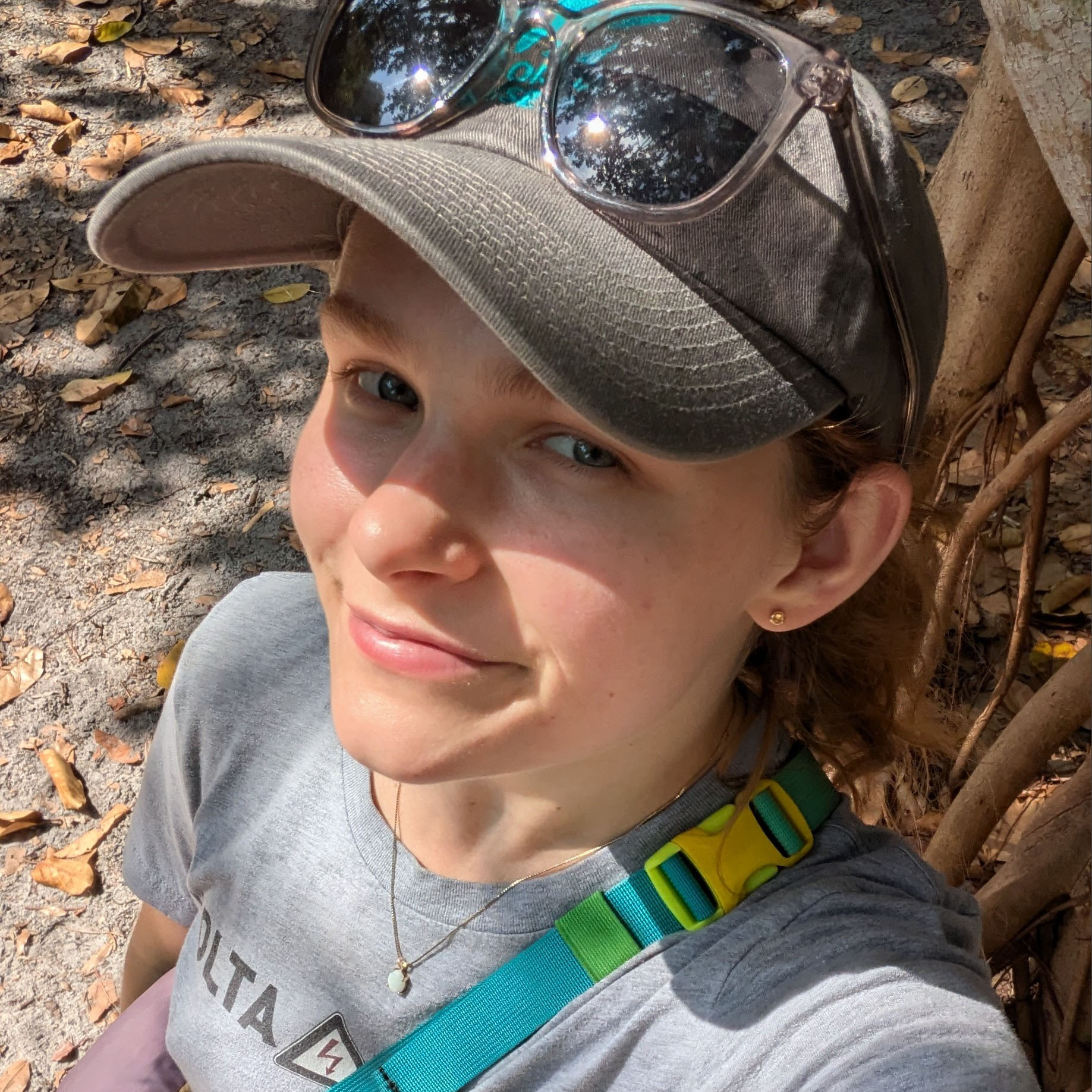
Ava Bender
Hi, I’m Ava, a graduate student pursuing a Master of Science in Architectural Studies. Decisions and responses about disasters are cultural, and the stories we tell matter. With a background in Anthropology and Art History, I’m passionate about the roles of creativity, storytelling, and collective action in shaping our lived experiences with disasters. I’m excited to collaborate with the DTSC Lab to put research into action.
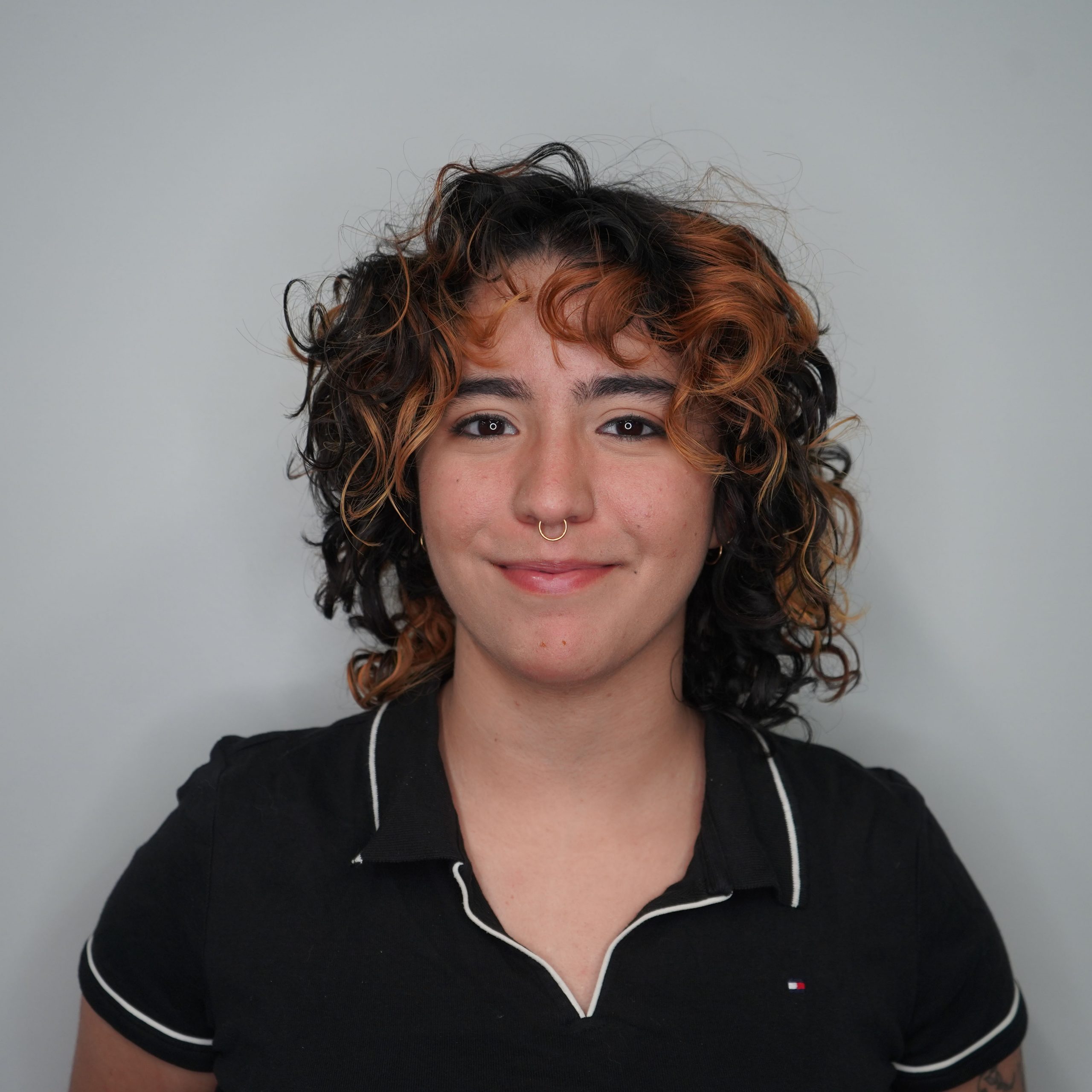
Amanda Lopez
Hello, my name is Amanda Lopez, and I am a senior majoring in Public Health with a minor in Anthropology. As the Social Media Manager for the DTSC Lab, I support our interdisciplinary research by helping communicate our work to broader communities. I’m particularly interested in disaster preparedness, community resilience, and the ways marginalized populations experience risk. My background in EMT work and community health outreach motivates me to bridge research, storytelling, and public engagement to ensure our projects are accessible, equitable, and grounded in the needs of the people we serve.
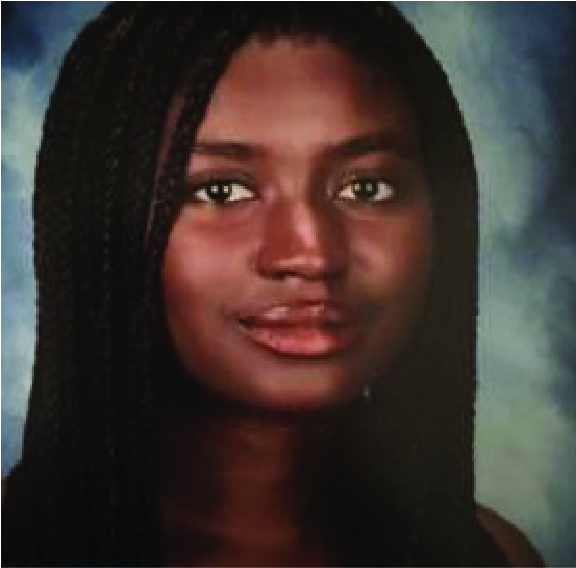
Zhane Loiseau
Hello, my name is Zhane Loiseau. I am currently a sophomore studying civil engineering. I am very interested in how inequality affects access to sustainable and safe housing. Living in Florida has shown me how lack of adequate housing can be detrimental with the factors of climate change and natural disasters. I am very excited to work with the DTSC lab and to gain more research experience.
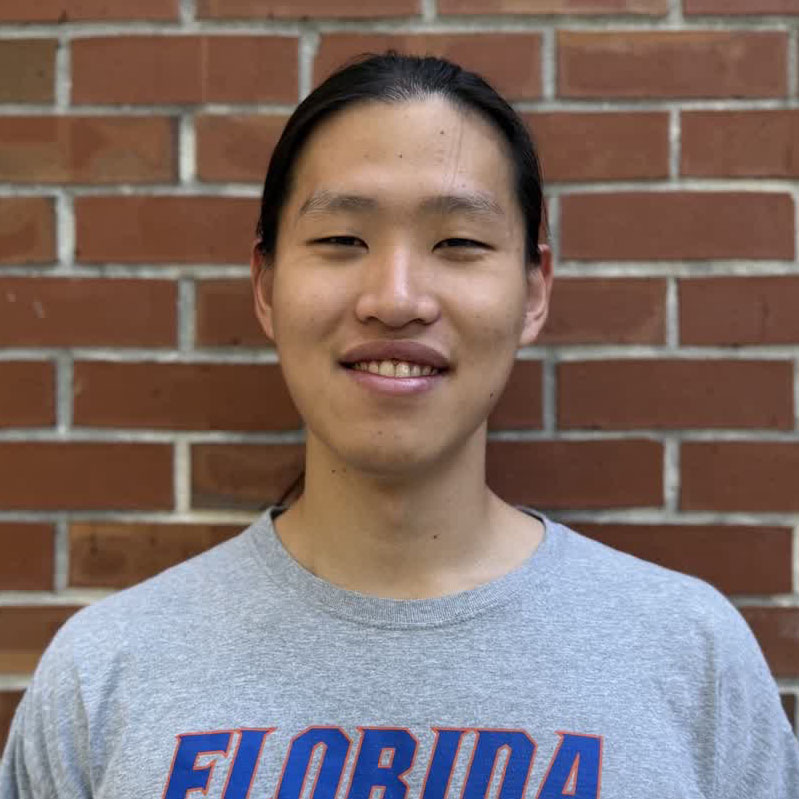
Jiayi Zhu
Hello, I’m Jiayi Zhu, and you can also call me Andrew. I’m a junior majoring in economics. I’m super interested in social science study and philosophy. It’s a really great opportunity for me to join the team! I’m good at teamwork and looking forward to learn research experience, as well as hope I can put some effort to make our community, society, and whole world to be a better place, and people can get a more equal environment to chase their dream!
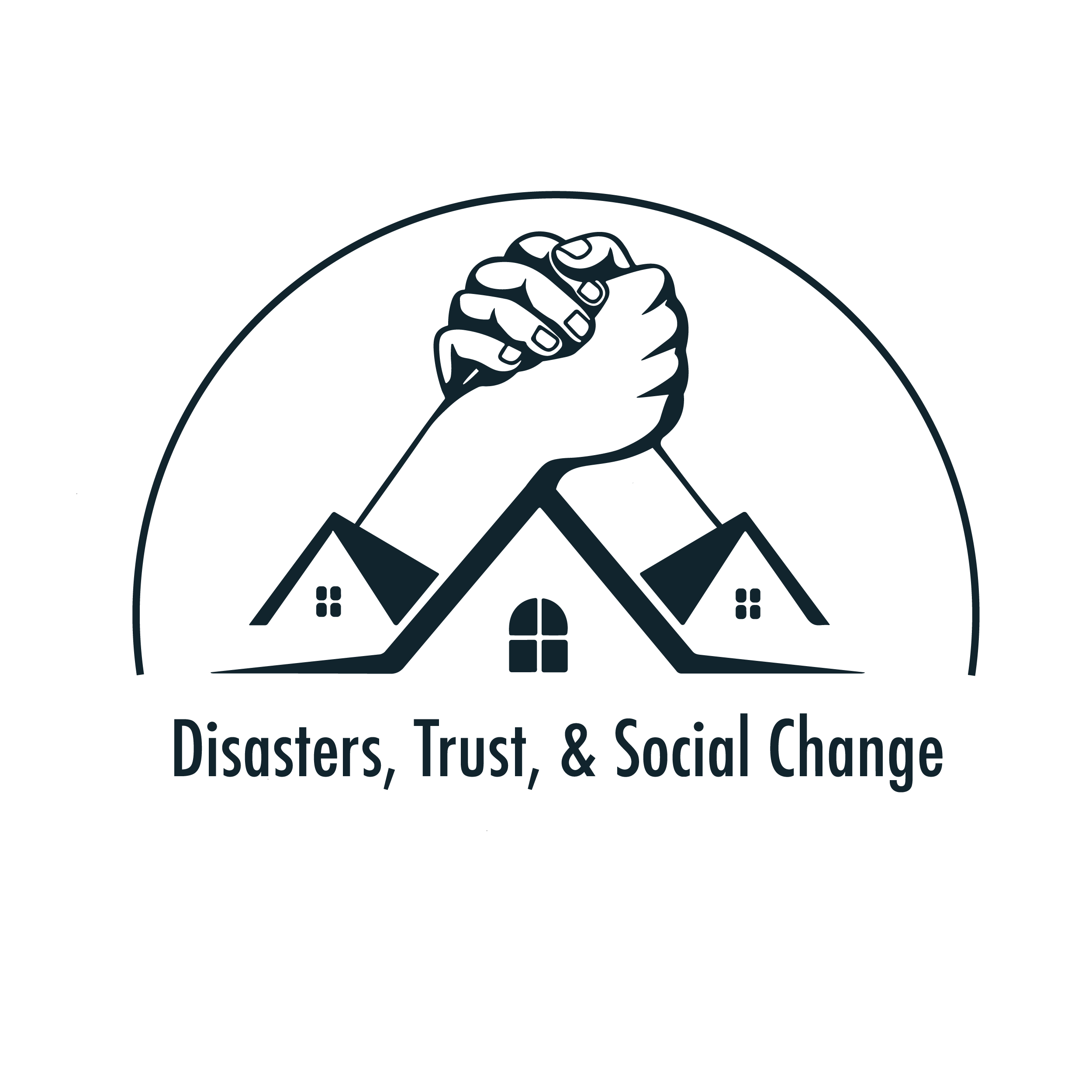
Josh Steedle
Hello, I’m Josh Steedle, in my first year studying Sustainability in the Built Environment. I’m interested in integrating green practices into education and business to improve the quality of the environment and the livelihood of marginalized communities. I’m excited to work with real community members in building up their own independent resilience to disasters impacting them.
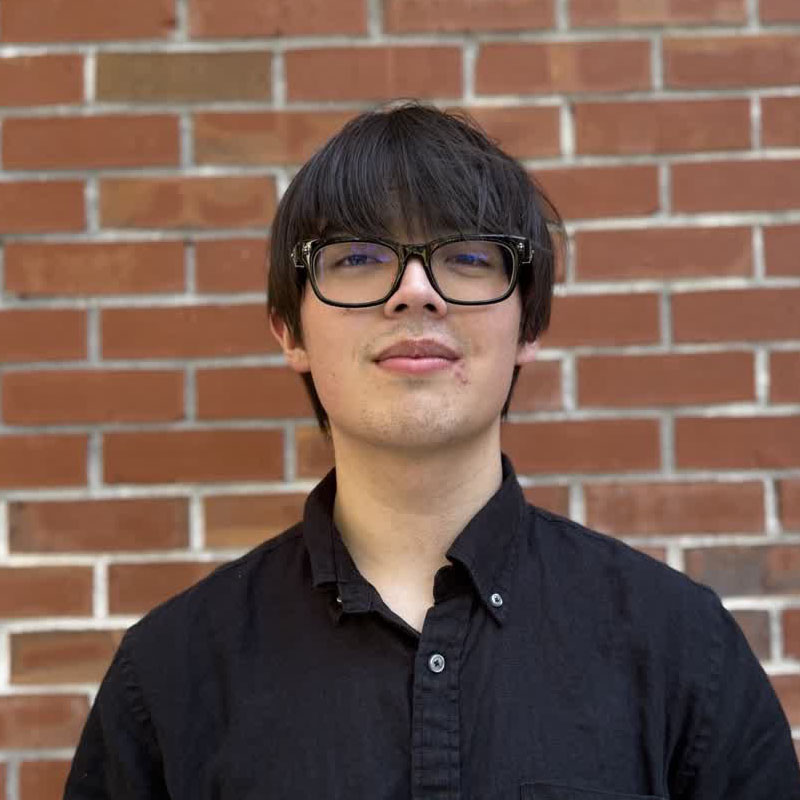
Joshua Powers
My name is Joshua Powers. I’m a freshman majoring in Biology and philosophy with an interest in public health. I hope to expand my knowledge on how we can improve public health during my time with the DTSC lab, and would love to help contribute to giving back to our community.

Lucas Evans
Hello, my name is Lucas Evans, and I am a freshman majoring in Civil Engineering. I am very passionate about infrastructure and the built environment, specifically traffic engineering and urban planning. I want to use my technical knowledge and time to serve communities and for the benefit of others. I have enjoyed engaging with community groups where our new technology will be installed, creating data visualizations, and drafting summaries of events we have been involved in.
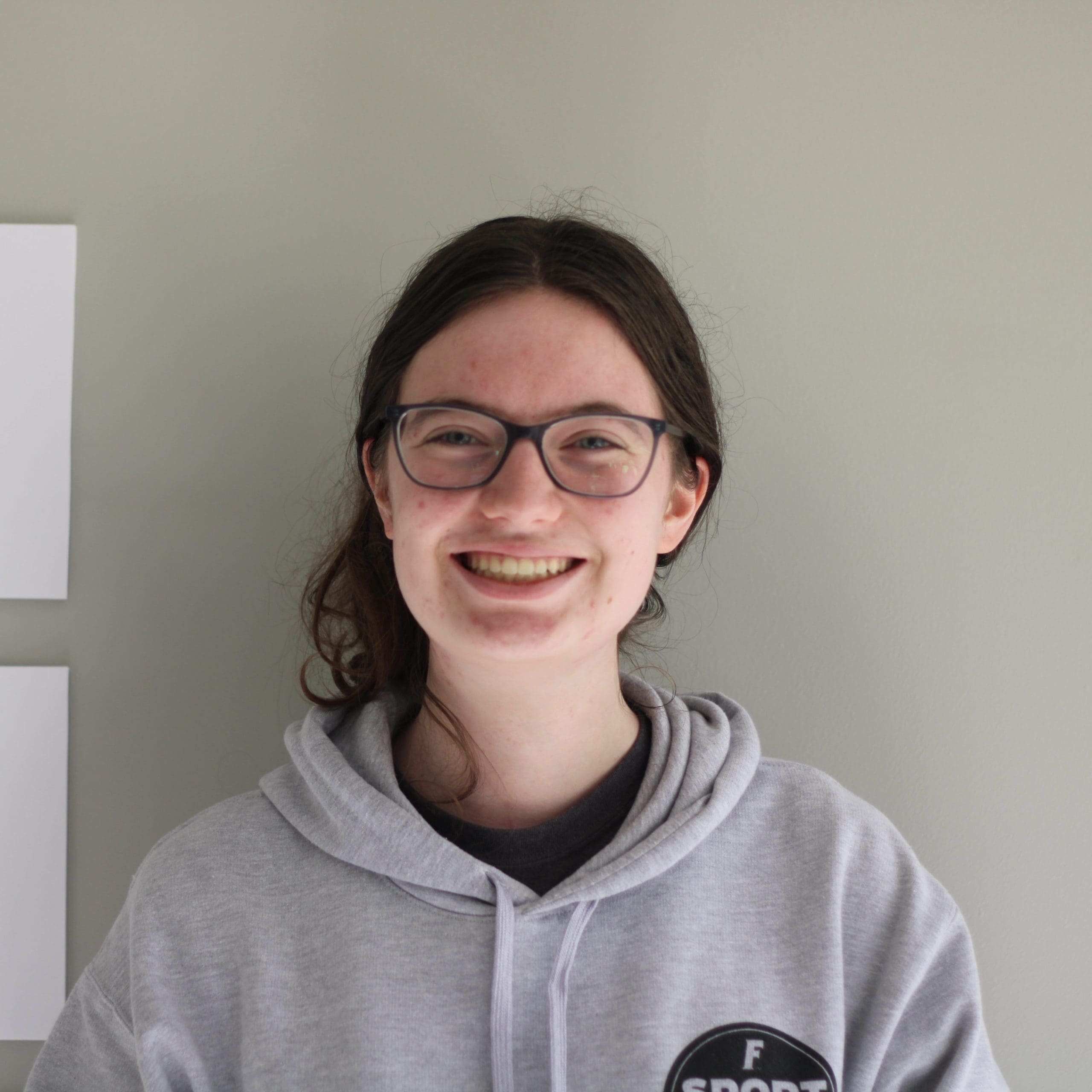
Marina McKinstry
I am a Freshman in Environmental Science. Growing up on Florida’s coast has given me great insight into the present and future problems associated with climate change, especially in urban development. I hope to enter environmental policy and work to fight climate change on a cultural and social level. I want to work towards an environmentally sustainable future in all walks of life.
Previous Lab Members
- Carmen Sheils
- Marina McKinstry
- Cory Mendoza-Jauregui
- Hana Checketts
- Aidan Bryant
- Ava Vellines
- Victoria Colvin
- Amar Hamad Issa Abukhalaf
- Marjorie Prokosch
- Collin Bowie
- Andrew B. Landsaw
- Rory A. Angelus
- Vishnu Malhotra
- Isabel J. Pych
- Cory Gann
- Leonora P. Fallon